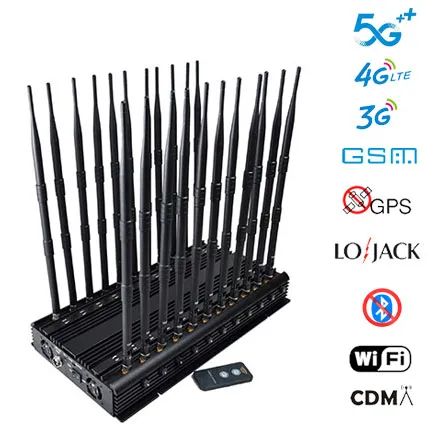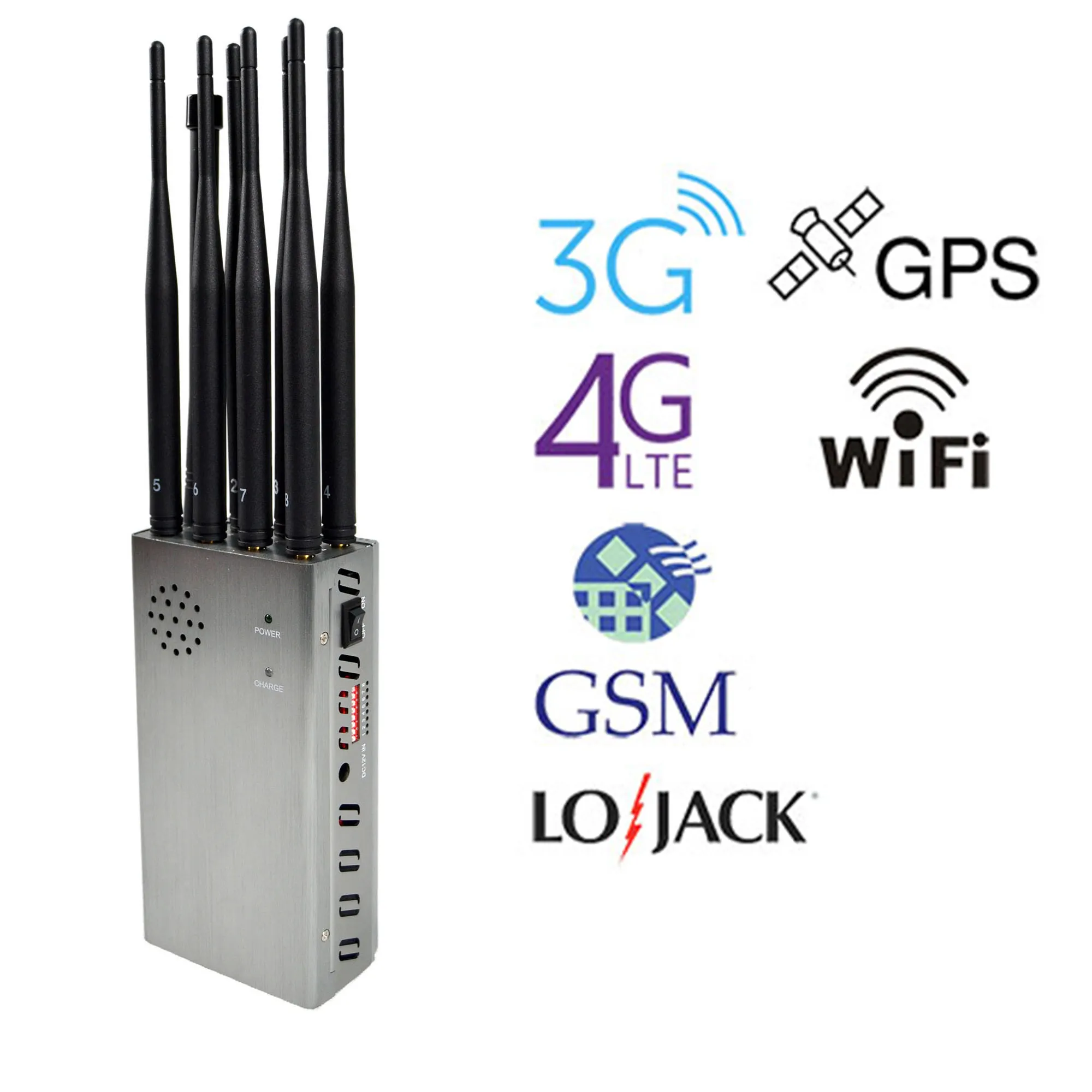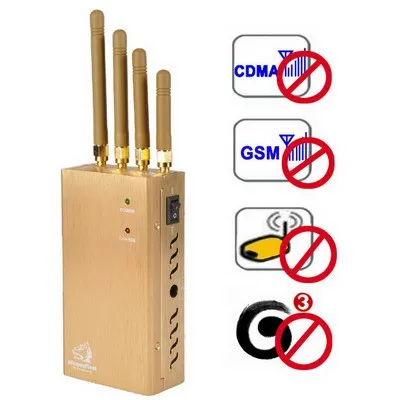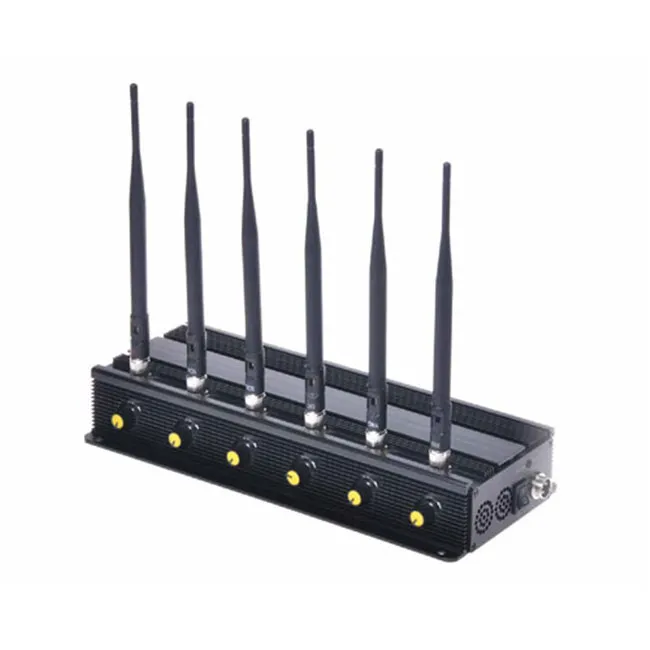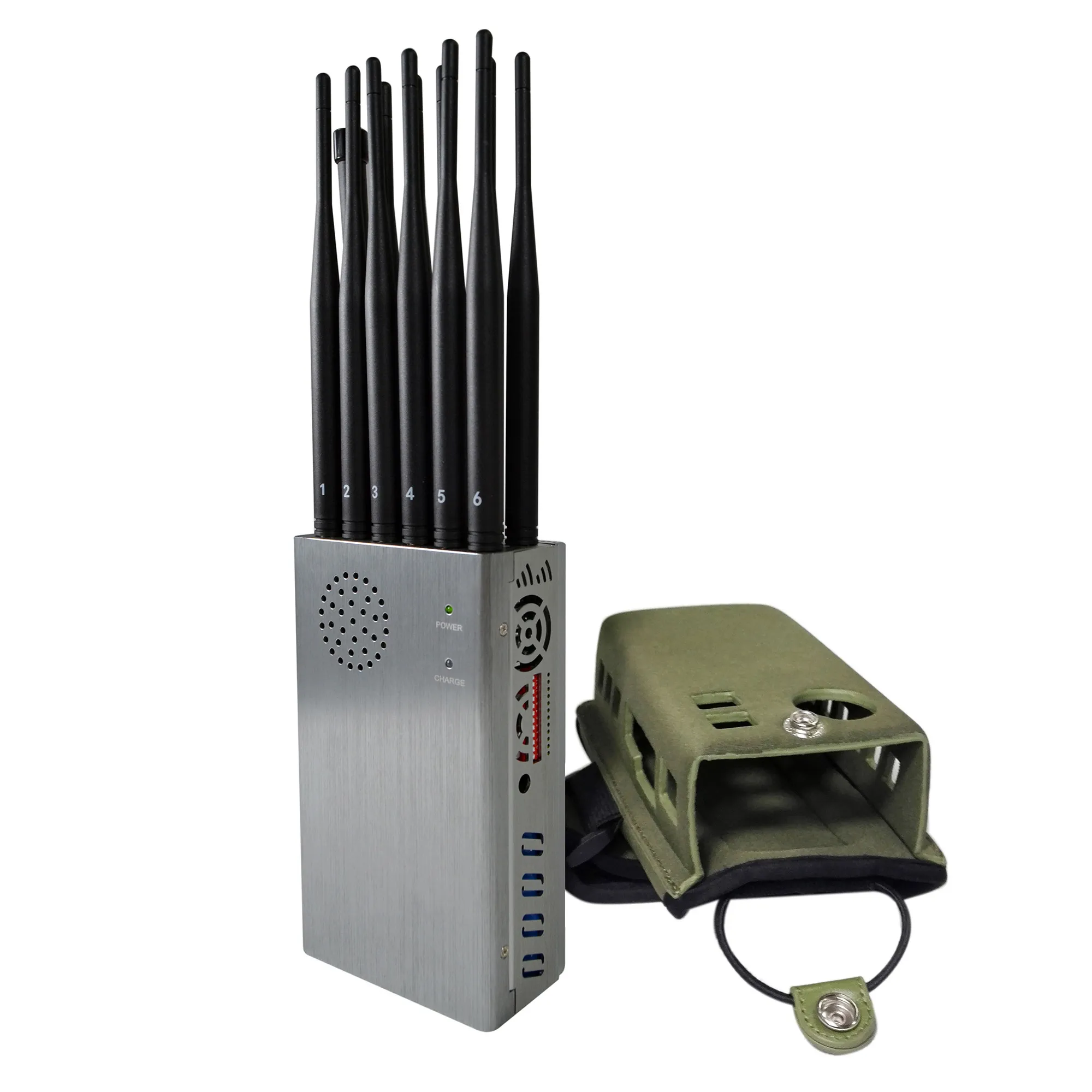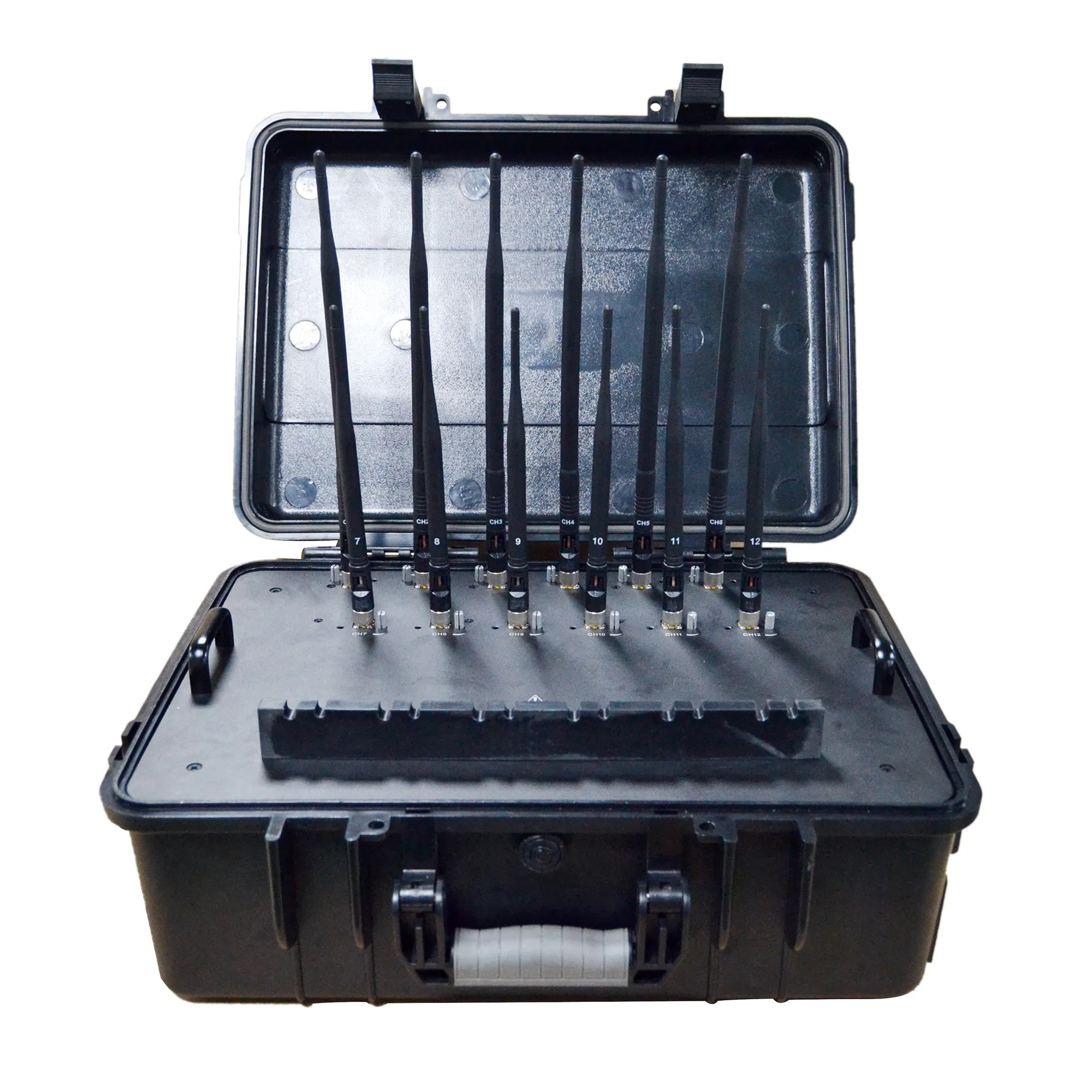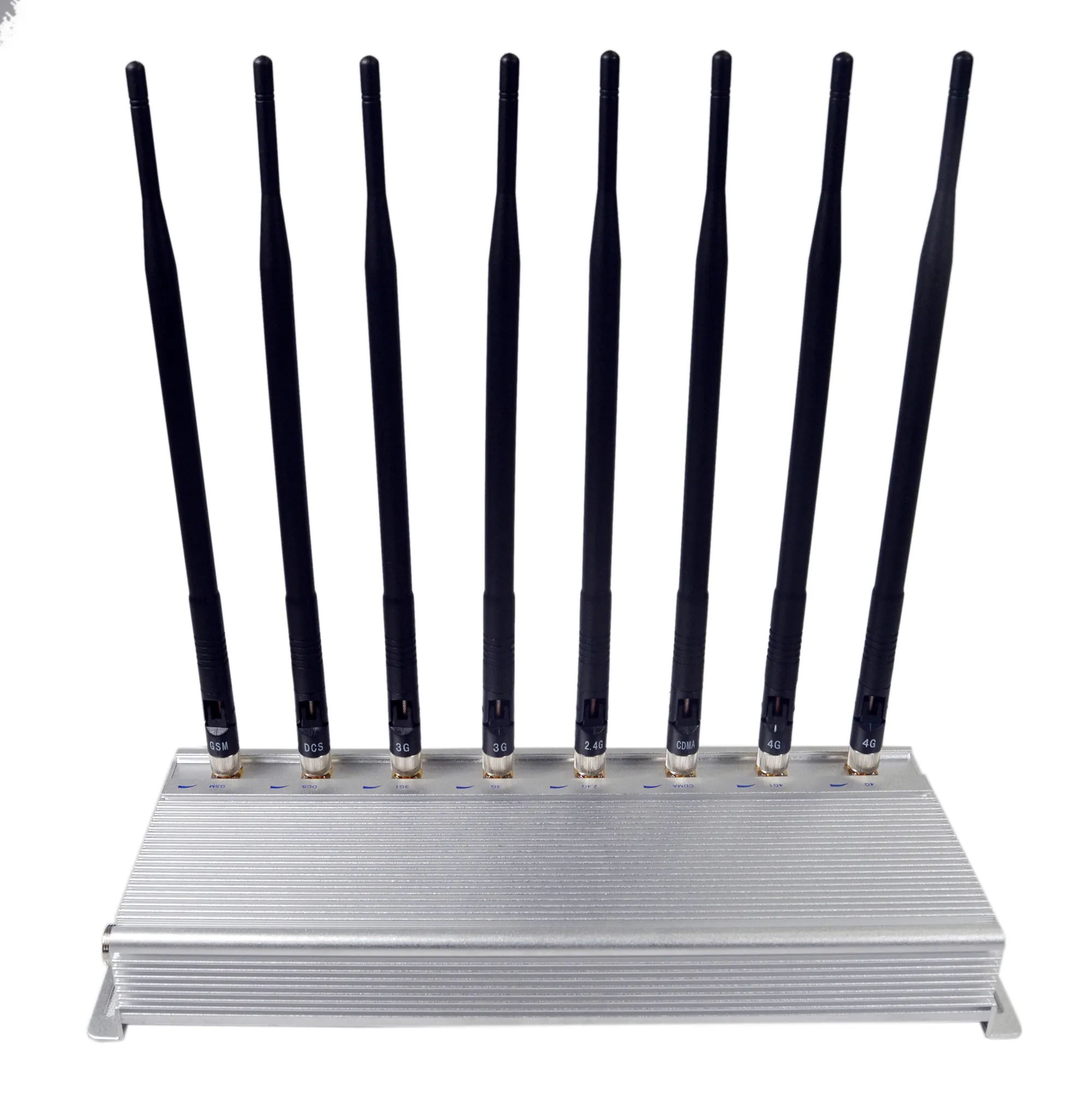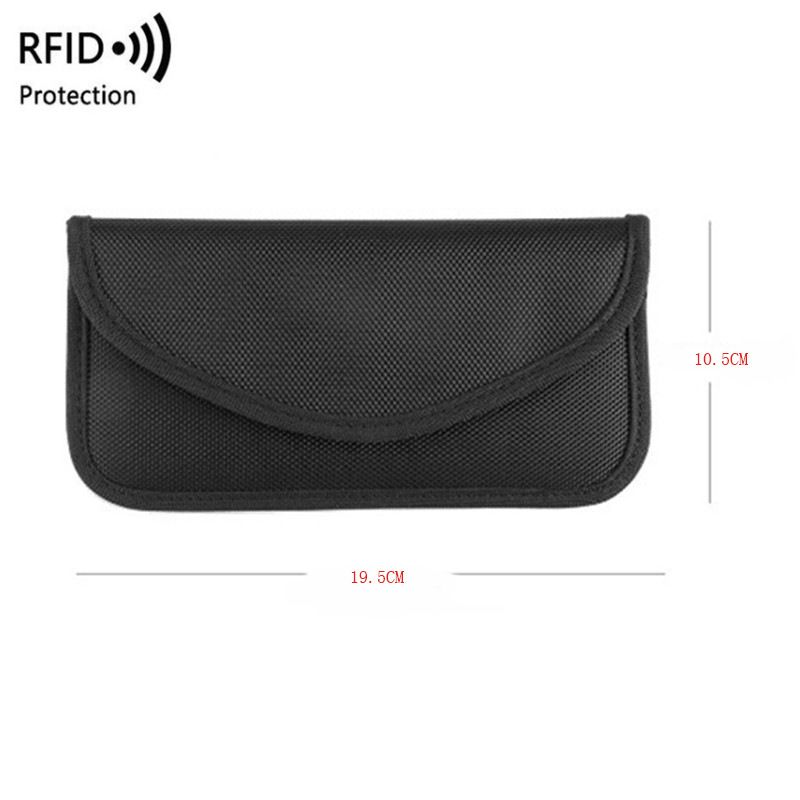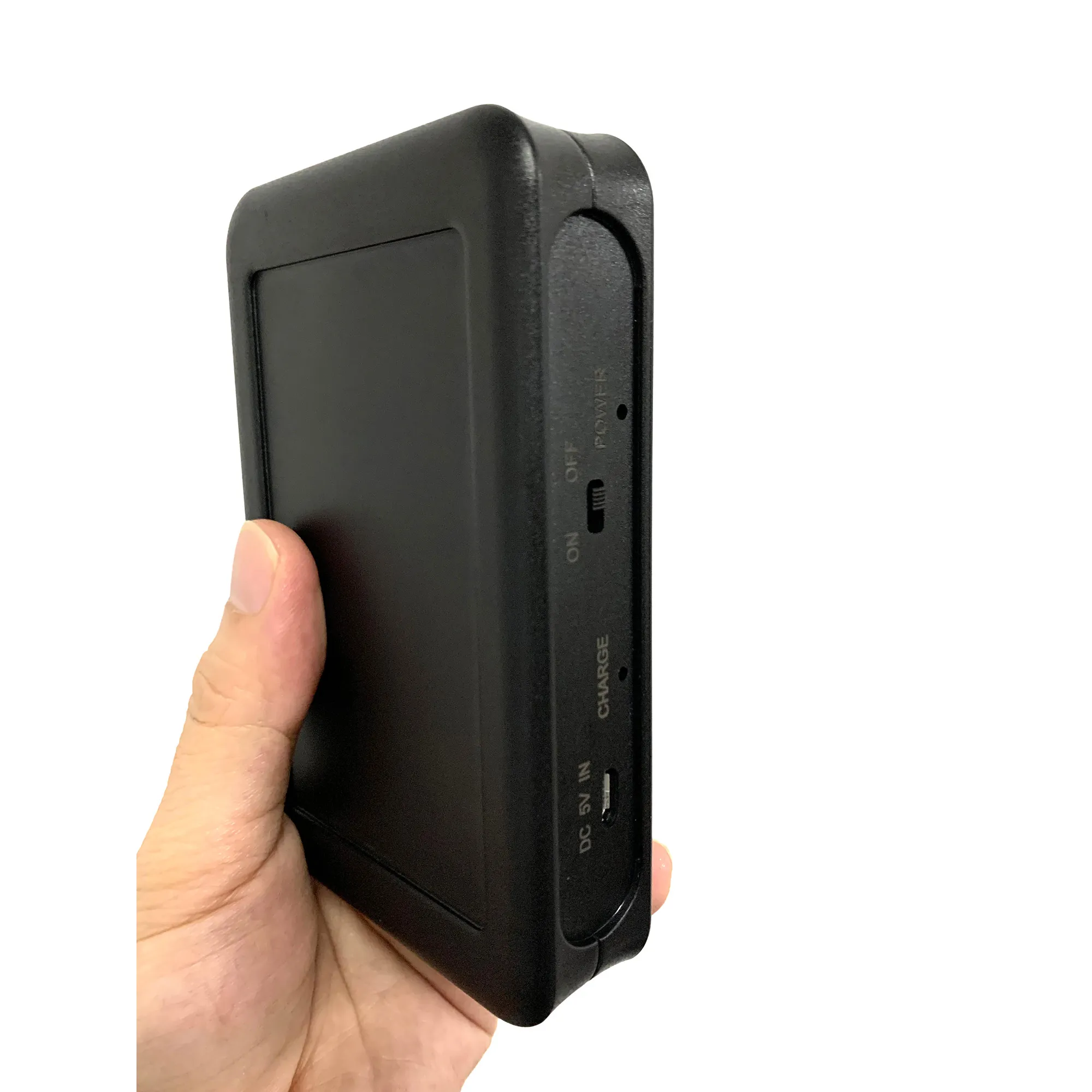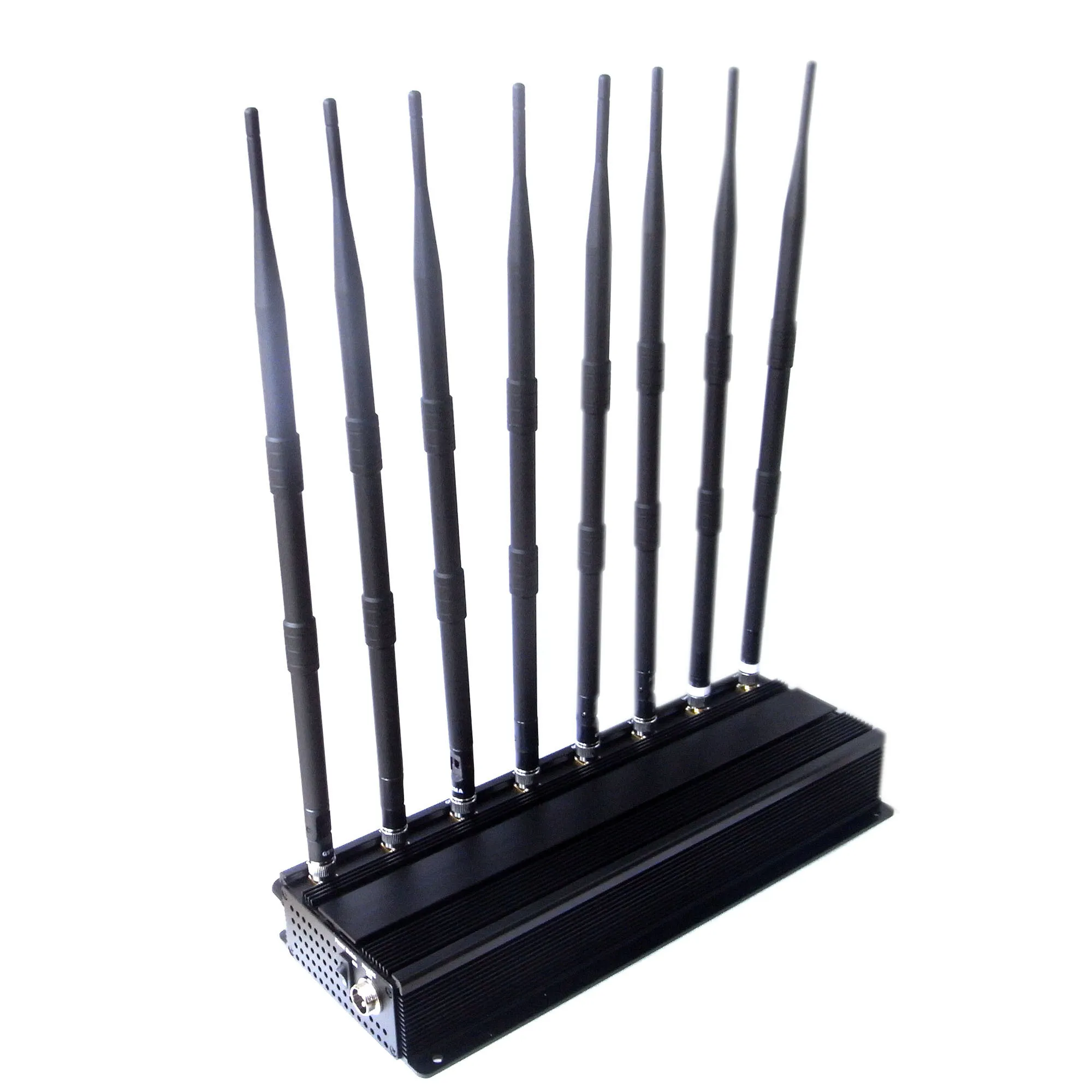With the development of the economy, the people's living standards continue to improve. When they buy important items, they need their personal information, including ID cards, mobile phone numbers, etc. However, the supplier does not keep its information confidential, but sells it to companies that sell it mainly over the phone. Then, the company's sales staff use the signal to accurately identify it. Telemarketing has become an industry where many people participate, and this is a problem for some people. These days, such sales calls, harassment calls and fraudulent calls have become very common and can be annoying. Recently, according to a survey of respondents in 2005, 44.7% of respondents frequently receive harassing calls, and 42.1% of respondents receive at least one harassing call every day. In order to reduce harassment of phone calls, 73.2% of respondents said that it is important to protect personal information.
Although many websites are actively selling "cell phone jammer" or "signal blockers" to disrupt cellular communications and form impromptu "quiet areas" in cars, schools, theaters, restaurants and other places. In other places, the use of these devices is indeed a violation. According to federal law. In fact, not only is it illegal for consumers to use cell phone jammers in the United States, but retailers are also prohibited from selling them for consumption. Visiting the official website of the Federal Communications Commission (FCC), its policy is very clear: "We remind and warn consumers that intentional use of mobile phone jammers or similar devices that will interfere with, interfere with, or interfere with mobile phones, police radars and other authorized radio communications is a violation of the federal government. Law, GPS and Wi-Fi.” Except for some isolated incidents, such as the annoying Florida science teacher taking things into their own hands, the school does not seem to have any major conspiracy to use cell jammers to prevent students from calling or texting . class. At best, it is in the interests of school officials to maintain cellular communications for safety and responsibility considerations. If interference is not the most common cause of poor cell phone reception in classrooms, then why are school cell phones poorly received? What can I do to signal at school?


